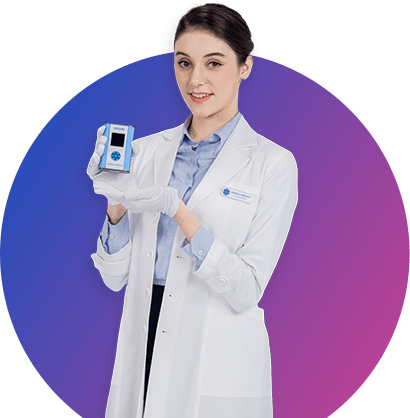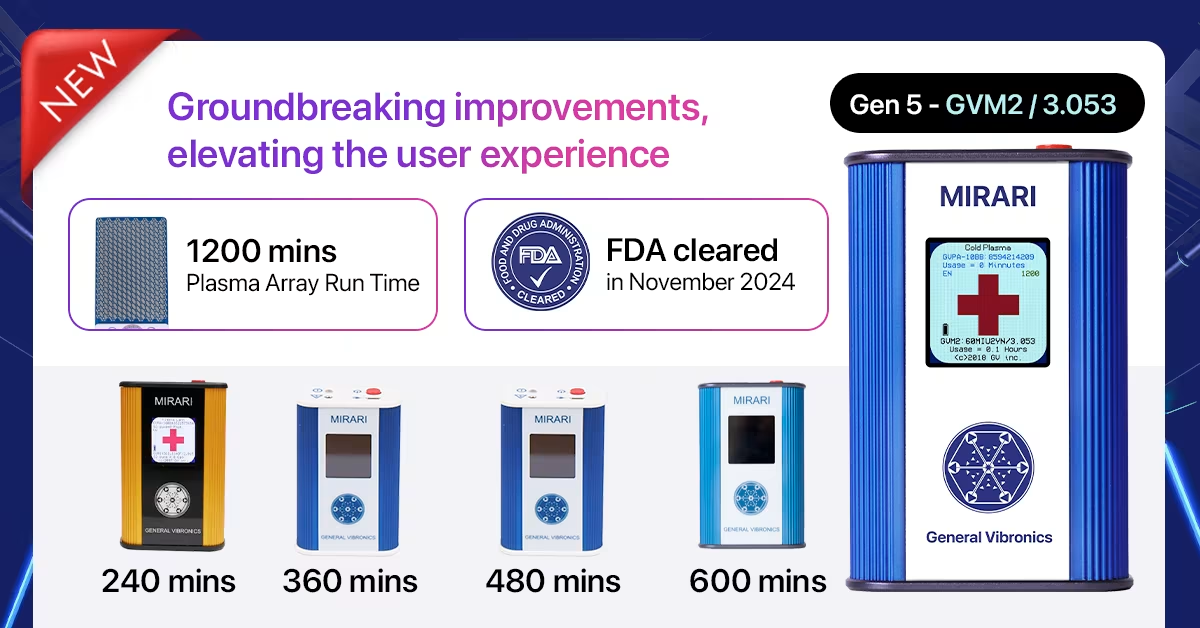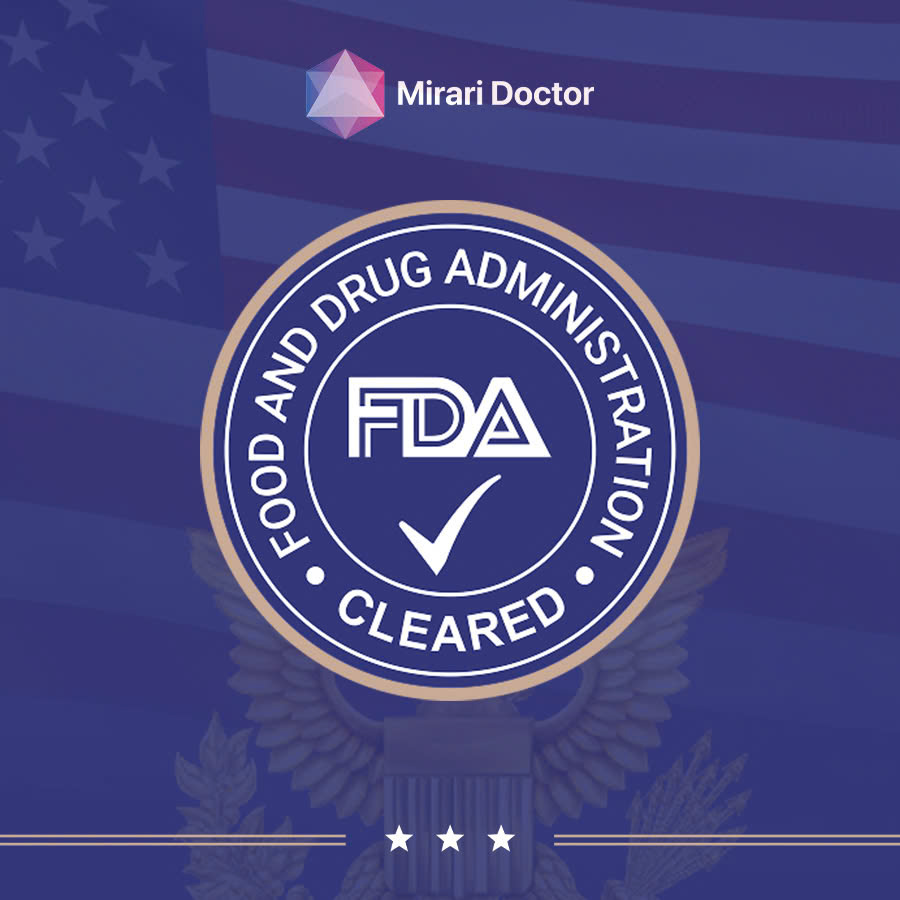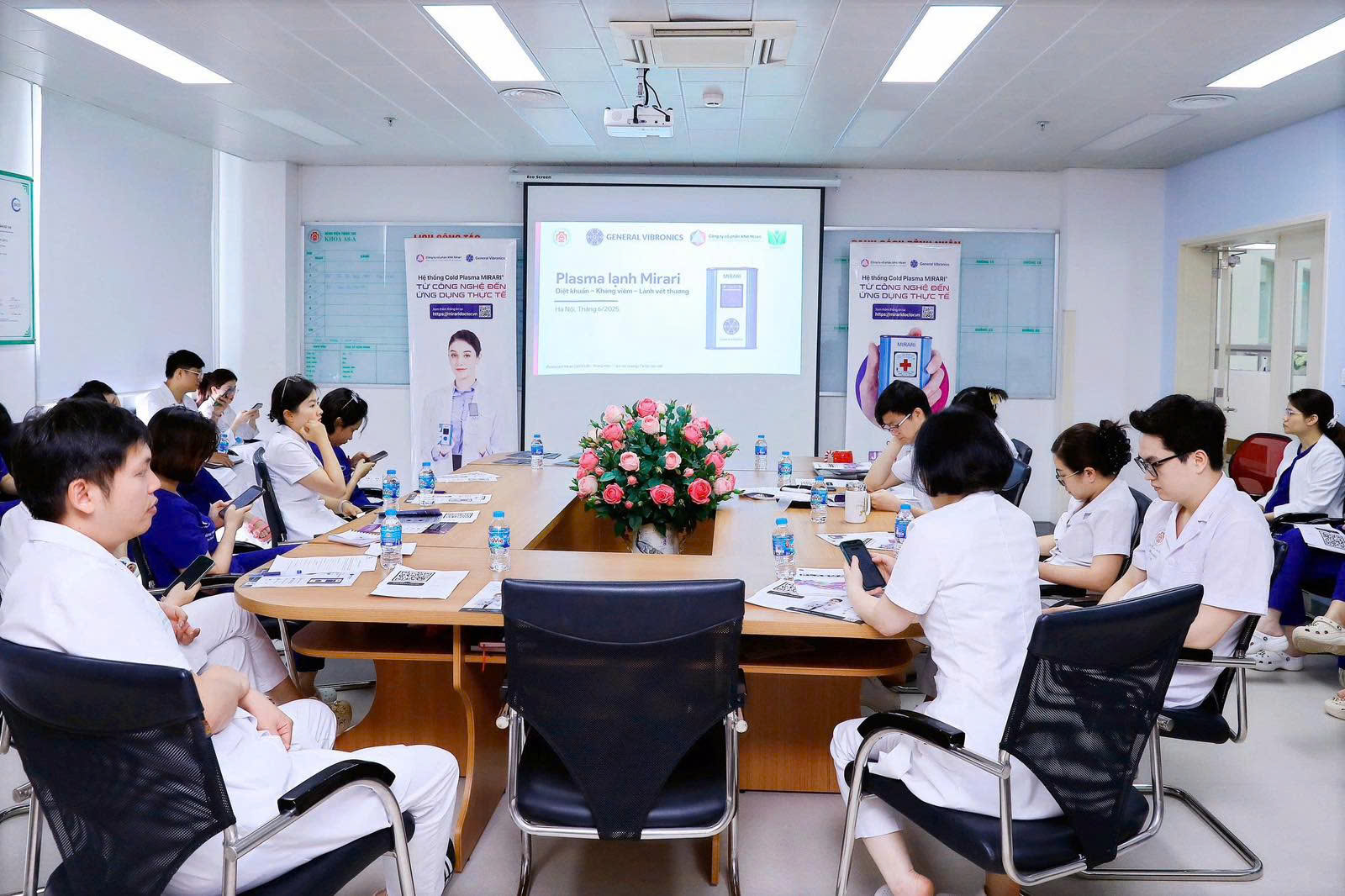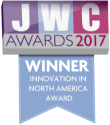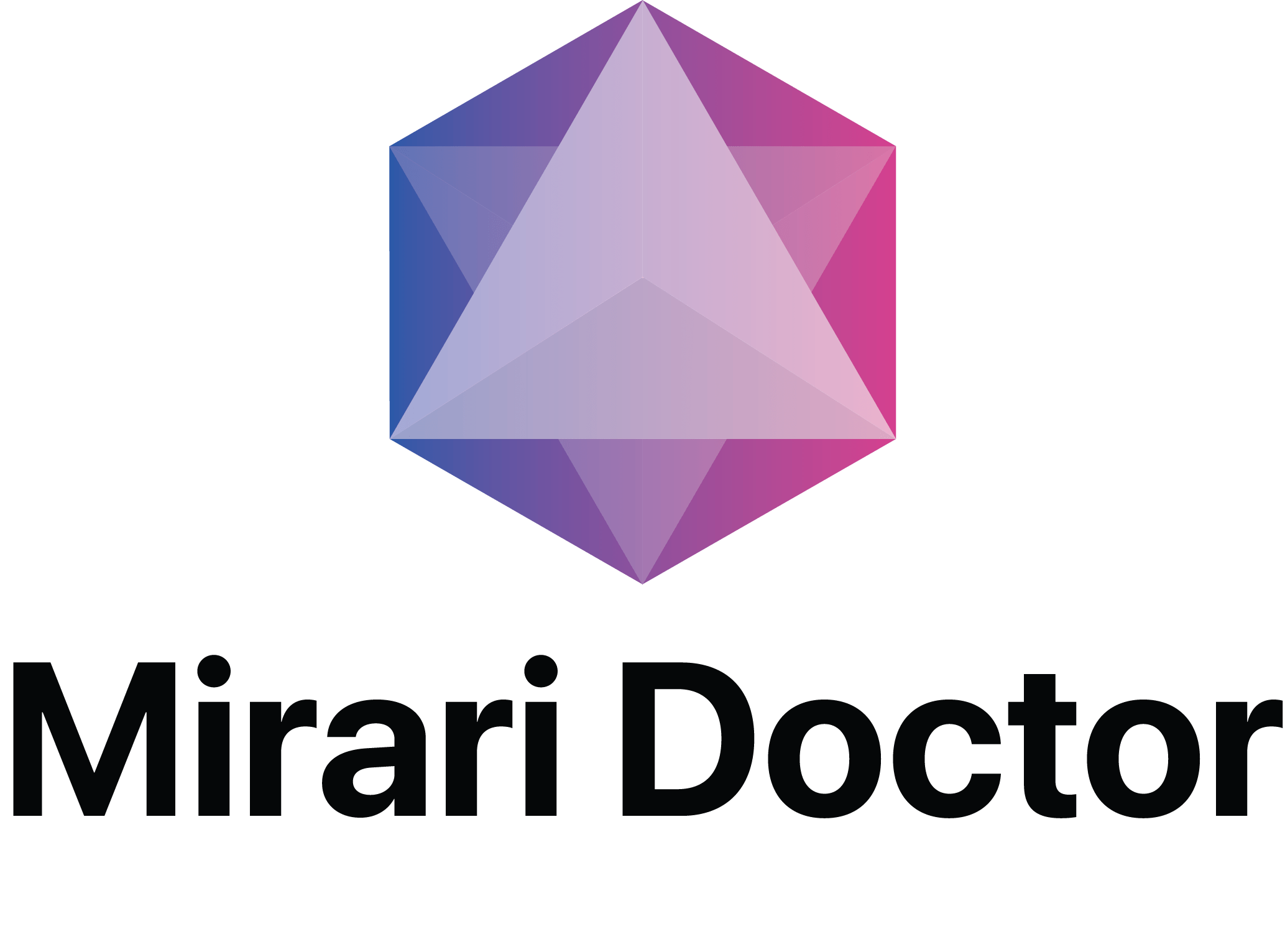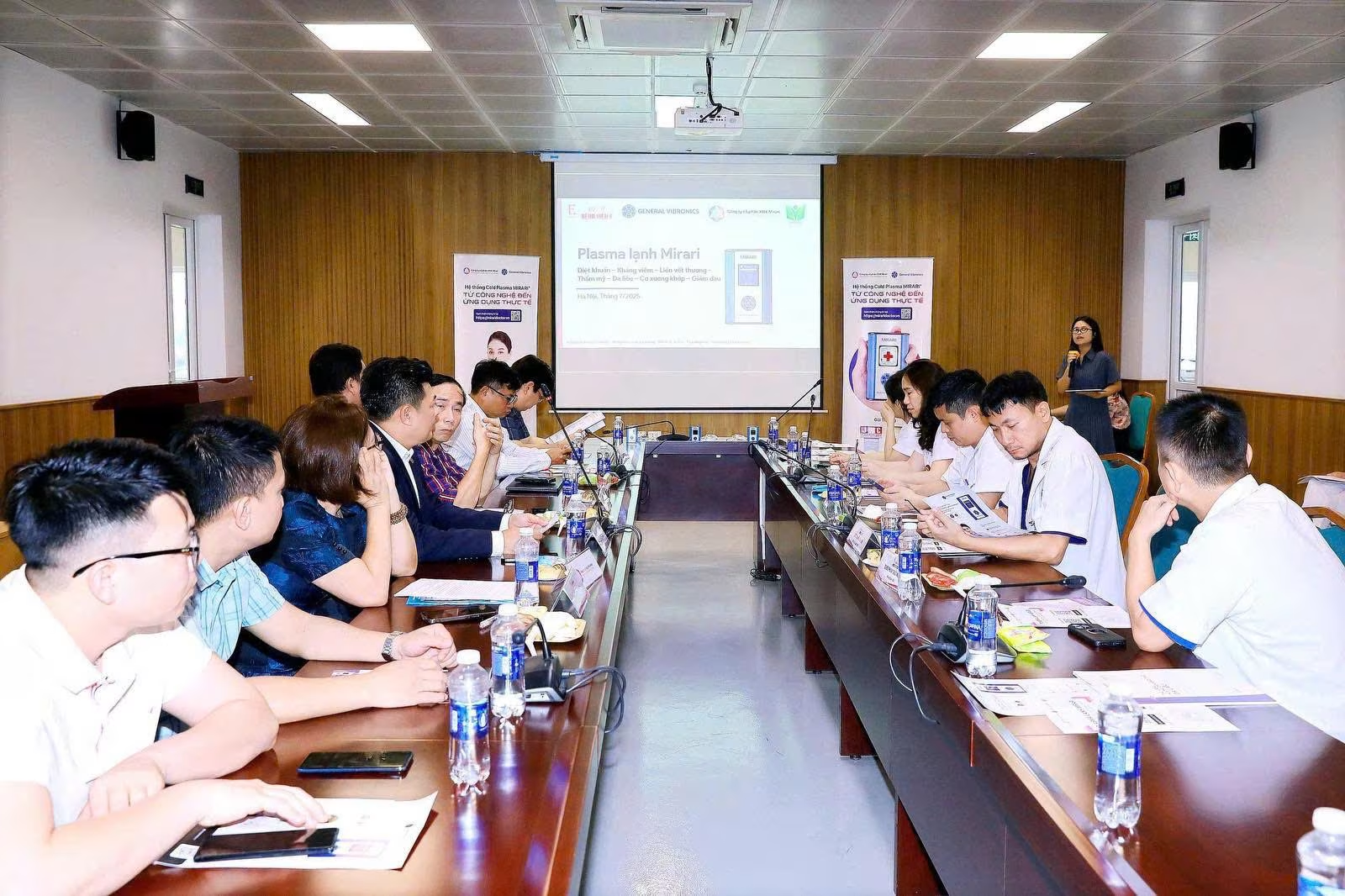
Hospital E collaborates with medical technology experts to showcase breakthrough therapeutic applications in clinical practice.
Healthcare professionals from across the region gathered at Hospital E on July 15, 2025, for a specialized medical conference exploring the clinical applications ofMirari Cold Plasma technologyin wound management, aesthetic procedures, dermatology, and musculoskeletal treatments. The event, organized jointly by Hospital E and Mirari Import-Export Corporation, brought together leading specialists to examine this cutting-edge therapeutic approach.
Revolutionary Treatment Mechanism Unveiled
The scientific symposium featured comprehensive presentations onCold Atmospheric Plasma (CAP)technology, which medical experts now recognize as one of the most advanced therapeutic innovations for wound healing, inflammation control, antimicrobial treatment, and aesthetic enhancement.
Understanding Tissue Regeneration Fundamentals
Medical professionals explored the four critical phases of wound healing:
- Hemostatic Phase: Initial minutes involving vasoconstriction, platelet aggregation, and fibrin mesh formation
- Inflammatory Response: First week focused on infection prevention and debris removal through leukocyte and macrophage activity
- Proliferative Stage: Fibroblast and endothelial cell multiplication, epithelialization from wound margins
- Maturation Process: Scar tissue reorganization, collagen type III to type I conversion, strength enhancement lasting up to 2 years
Chronic wounds often become trapped in prolonged inflammatory phases due to factors including tissue necrosis, bacterial contamination, nutritional deficiencies, advanced age, or chronic conditions like diabetes and peripheral vascular disease.
Breakthrough Technology Components
TheMirari Cold Plasma devicegenerates multiple therapeutic elements:
| Active Component | Clinical Function |
|---|---|
| Oxygen-Nitrogen Radicals (ROS/RNS) | Antimicrobial action, immune modulation, cellular proliferation |
| Ultraviolet Radiation | Mild sterilization support |
| Low-Intensity Electric Fields | Cell membrane potential modification, enhanced drug penetration |
| Ionized Gas Molecules | Controlled oxidation-reduction reactions in damaged tissue |
Multi-Modal Therapeutic Actions
- Antimicrobial Effectiveness: Targets gram-positive/negative bacteria, antibiotic-resistant strains, fungi, and viruses including MRSA, Candida, and Aspergillus species.
- Anti-inflammatory Properties: Modulates nitric oxide pathways, reduces oxidative stress, and interrupts pain signal transmission.
- Wound Healing Acceleration: Stimulates fibroblast proliferation, collagen synthesis, and epithelialization processes.
- Hemostatic Benefits: Promotes localized coagulation in fresh bleeding wounds.
- Potential Oncological Applications: Activates programmed cell death (apoptosis) pathways.
Clinical Applications Across Medical Specialties
Surgical and Reconstructive Medicine
- Post-operative wound healing support
- Recovery time reduction
- Hypertrophic scar prevention and tissue flattening
Burn Treatment and Chronic Wounds
- Antimicrobial control in infected lesions
- Inflammatory management
- Granulation tissue development enhancement
- Effective for exudative, contaminated, slow-healing wounds
Dermatological and Aesthetic Applications
- Post-surgical cosmetic procedure support
- Skin quality improvement through collagen regulation
- Dermal restructuring enhancement
Rehabilitation and Pain Management
- Neuropathic pain reduction
- Musculoskeletal inflammation treatment
- Sports injury recovery support
Clinical Implementation Guidelines
Medical experts emphasized several key considerations:
- Complementary therapy– not a replacement for surgical intervention in cases requiring extensive tissue reconstruction or skin grafting
- Technical precisionrequired for optimal distance, exposure duration, gas flow, and energy settings
- Enhanced efficacywhen combined with standard wound care protocols including debridement, moisture maintenance, and systemic nutrition
Evidence-Based Clinical Outcomes
Conference presentations included extensive photographic documentation demonstratingMirari Cold Plasmaeffectiveness across various wound types including burn injuries, diabetic foot ulcers, post-surgical aesthetic wounds, and chronic infected lesions. Clinical evidence showed rapid granulation tissue recovery, significant epithelialization, and notable pain reduction beginning in the first week of treatment.
Future Medical Applications
The symposium concluded thatMirari Cold Plasma technologyrepresents a safe, versatile, and highly effective therapeutic modality combining antimicrobial mechanisms with tissue regeneration capabilities. Its broad applicability across multiple medical specialties opens new treatment possibilities for wound care, aesthetic medicine, and infection control without antibiotic dependence.
Healthcare professionals gained valuable insights into advanced treatment methodologies while exchanging clinical experiences and contributing recommendations for optimizing cold plasma applications in modern Vietnamese healthcare settings.
Healthcare professionals interested in wound care expertise, dermatological treatments, or aesthetic applications can contact Mirari Doctor for consultation and device demonstration opportunities.
Contact Information:
- Address: 600 North Bridge Road #13-01 Parkview Square, Singapore 188778
- Website:/
- Email: contact@miraridoctor.com
Related articles
Made in USA
